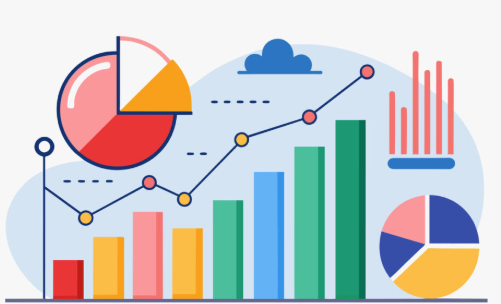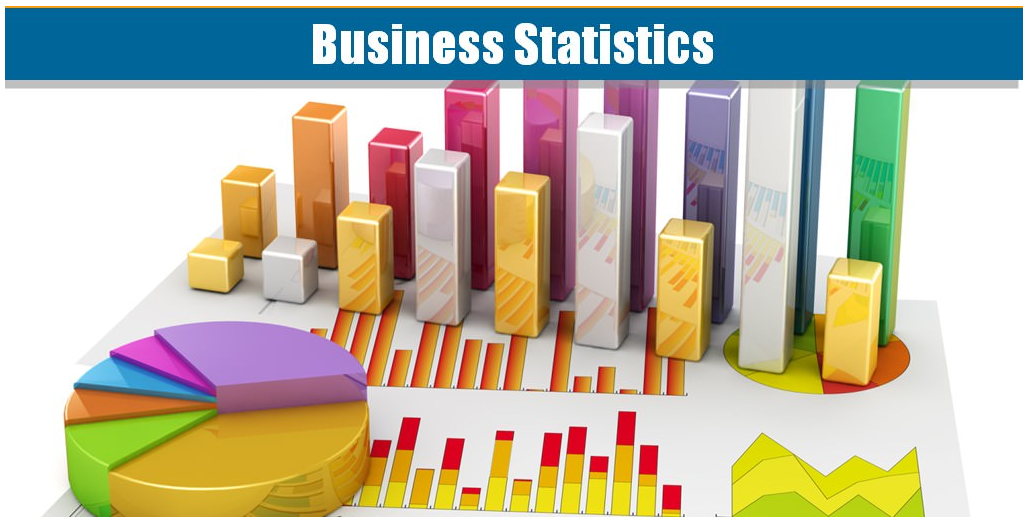Course Objectives
1. To provide the student an understanding of basic statistical tools to apply for management problems and analysis.
2. To learn data gathering and tabulation
3. To apply measures of central tendency
4. To understand the significance of dispersion
5. To learn about skewness, kurtosis, correlation and regression.
Course Outcomes
Students will be able to:
1. Describe and discuss the key terminology, concepts tools and techniques used in business statistical analysis
2. Critically evaluate the underlying assumptions of analysis tools
3. Understand and critically discuss the issues surrounding sampling and significance
4. Solve a range of problems using the techniques covered
5. Conduct basic statistical analysis of data.

- Teacher: RAJANI THOMAS
Course Objectives
1. To provide the student an understanding of basic statistical tools to apply for management problems and analysis.
2. To learn data gathering and tabulation
3. To apply measures of central tendency
4. To understand the significance of dispersion
5. To learn about skewness, kurtosis, correlation and regression.
Course Outcomes
Students will be able to:
1. Describe and discuss the key terminology, concepts tools and techniques used in business statistical analysis
2. Critically evaluate the underlying assumptions of analysis tools
3. Understand and critically discuss the issues surrounding sampling and significance
4. Solve a range of problems using the techniques covered
5. Conduct basic statistical analysis of data.

- Teacher: RAJANI THOMAS
The course addresses the English language needs of the students at the undergraduate level. The focus will be on five categories: Prose, Poetry, Vocabulary, Soft Skills, and Grammar. In addition to these, the last two units focus on developing the speaking skills of students. Overall, the course will focus on the critical thinking faculties of the students concerning academic, linguistic, political, literary, and ethical concepts.
- Teacher: Dr RAJITA ANAND SINGH
- Course offering includes computer concepts and the use of information technology in organizations.
- Includes the basics of Windows Operating System and Microsoft Office Suite as applied to basic uses of word processing, spreadsheets, databases, and presentation software, and file and folder management, introduction to internet, WWW and web browser.
- Course offerings provide opportunities for students to learn emerging technologies and upgrade their technical skills.

- Teacher: MAHANTA CHAUHAN
The course focuses on detailed understanding of accounting information system, accounting concepts, accounting principles, accounting cycle, recording of transactions, and financial statement concepts.
This course will enable the students to combine practice and theoretical knowledge of financial accounting.
The students of this course will be active learners and develop awareness of emerging trends in financial accounting,
The course will provide decision making skills to the students in the financial analysis context,
The students of this course will have the ability to identify and analyze financial accounting problems and opportunities in real life situations.
- Teacher: Dr DEBANJALEE BOSE
The course addresses the English language needs of the students at the undergraduate level. The focus will be on five categories: Prose, Poetry, Vocabulary, Soft Skills, and Grammar. In addition to these, the last two units focus on developing the speaking skills of students. Overall, the course will focus on the critical thinking faculties of the students concerning academic, linguistic, political, literary, and ethical concepts.

COURSE NO. DSC - 201
ORGANISATIONAL BEHAVIOUR
COURSE OBJECTIVES:
1. To gain the understanding of concept of Organizational Behavior.
2. To Understand the theories of Motivation, Group processes and Group
dynamism
3. To understand the concept of change in organization.
4. To gain insights on factors influencing Organizational Culture.
COURSE OUTCOMES:
1. Upon the Completion of the course, students will be able to demonstrate the
applicability of the concept of organizational behavior to understand the behavior of people
in the organization.
2. Demonstrate the applicability of analyzing the complexities associated with
management of individual behavior in the organization.
3. Analyze the complexities associated with management of the group behavior in the
organization.
4. Demonstrate how the organizational behavior can integrate in understanding the
motivation (why) behind behavior of people in the organization.

- Teacher: ANUREETHA DAS